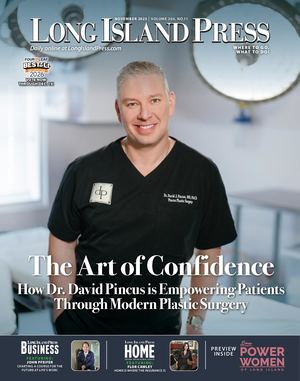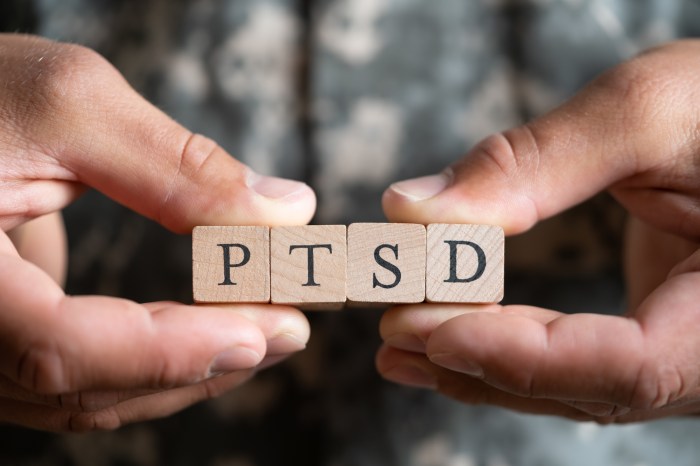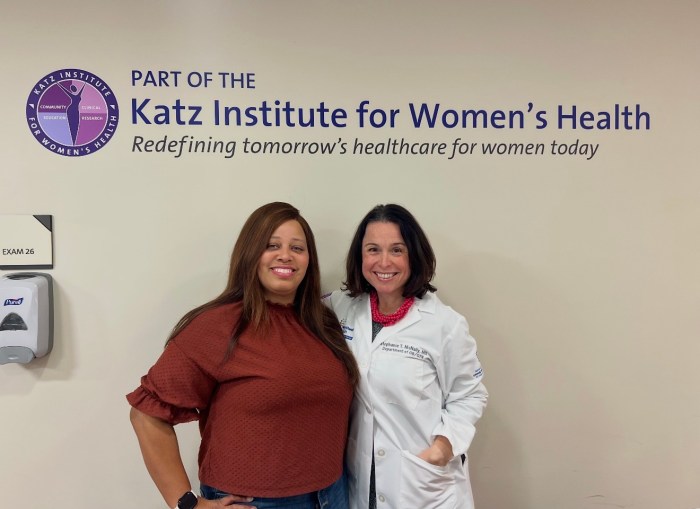One in 68 children has been diagnosed with autism, according to the U.S. Centers for Disease Control’s data for 2012, the last year for which figures are available.
No parent wants to hear that something may not be right with their child, that the child may not ever speak or could forever be challenged with interacting appropriately with their peers. No parent wants their child to be singled out as “different.” Facing an autism diagnosis is not easy. But there is help, treatment and support. And with those things come hope and opportunities for success.
Experts offer these suggestions on how to face a diagnosis of autism spectrum disorder:
FORGET THE LABEL
What matters most is the child, their progress, their quality of life, and the family’s, too.
“The label is needed just to get the appropriate services for the child,” says Lisa Carbone, Suffolk County assistant coordinator of special education. “Beyond that, it’s about working with individual children and providing services and helping them according to their needs.”
Parents need to reach out to professionals.
“The earlier you get your child services the more effective the therapy is,” says Carbone.
Early intervention may include speech therapy, physical therapy, and other types of services. The county is the first point of contact for having a child evaluated following referrals from parents or a pediatrician, foster care, etc., she explains. They assist in coordinating services for diagnosed children from birth to preschool age; thereafter, children are transitioned to services coordinated through their respective school districts.
Parents need to maintain an open line of communication, ask questions, and return messages. They should work with professionals to understand a child’s needs and how those needs can best be met consistently, being mindful that those needs may change over time.
“When parents and educators [and doctors] work together to develop an IEP [Individualized Education Plan] that accurately identifies and targets a child’s needs at each stage of his/her development, a program can be designed to maximize progress,” says Marti White, a retired school psychologist.
BE THE ADVOCATE
Parents of children on the spectrum should be their child’s advocate and teacher as well as their parent.
“The children that do the best are the ones whose parents just sit and play with them,” says Angela J. Castillo, a behavioral analyst with the Developmental Disabilities Institute, Inc. in Huntington. “It is also important for the parent to carry over and generalize skills learned during sessions, as well as to help guide them when problem behaviors occur outside of sessions. It’s OK to push your child to be the best they can be! It works!”
Edie Brannigan’s son, Mikey, was diagnosed with autism when he was 2 years old. The diagnosis sent the East Northport family into a whirlwind of rigorous daily educational services, endless questions, and fear for their son’s future.
Fast-forward 20 years. Mikey Brannigan is a professional runner. He travels all over the world racing. He shook the hand of President Obama and received a hug from the First Lady.
“He has a full, rich, amazing life and he is showing my husband [Kevin] and myself the world,” Brannigan shares, adding that son’s running shoes are aimed at the 2024 Summer Olympics in Paris. “Mikey thinks he can do it, and I believe him. He really is a powerful example to many people with autism in their lives,” she says.
SEEK SUPPORT
Having a child with autism can be both physically and emotionally draining. Parents should give themselves even a few minutes per day to put their own lives in perspective, gain strength, move forward — and breathe.
“You just have to keep talking, keep sharing, keep asking for support, even if that’s just someone to listen and not try to give a solution,” Brannigan says. “I am grateful today for the gift of autism. It has changed us all. Somehow, we got through the bad times intact as a family. Life is so good.”
WHERE TO FIND HELP
Nassau County Health Department
Early Intervention 516-227-8661
Suffolk County Health Department
Division of Services for Children with Special Needs
631-853-3130
Stony Brook Neurosciences Institute
Center for Autism Spectrum Disorders
631-632-3070
Marion K. Solomon & Associates, Inc.
Special Needs Services Provider
516-731-5588



































